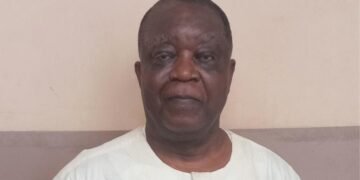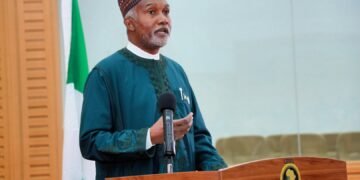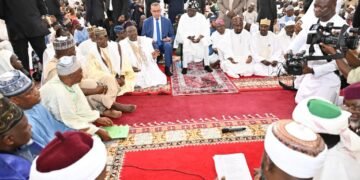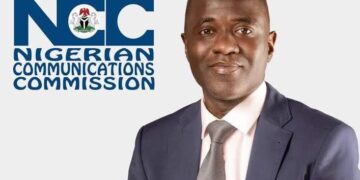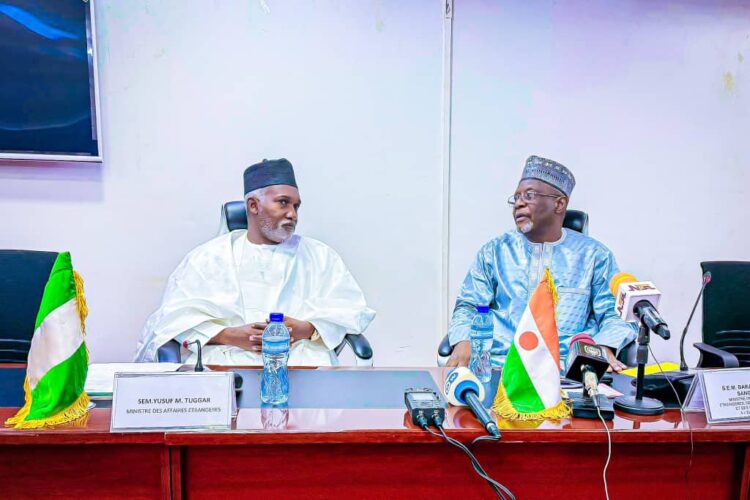By Nathaniel C. Adoji
The official visit of Nigeria’s Minister of Foreign Affairs, Ambassador Yusuf Maitama Tuggar, to Niger Republic on April 16, 2025, is a highly symbolic moment in West-African diplomacy given recent turbulence in the sub-region. It is also a clear demonstration of Nigeria’s enduring role as a “big brother” on the continent. The visit marks a resumption of dialogue and recalibration of ties previously stifled between the two countries, this is despite being bound by deep history, culture, security, and economic cooperation.
Nigeria and Niger share more than just a 1,600-kilometre border; they are culturally intertwined through ethnic groups such as the Hausa, Fulani, and Kanuri, and are linked through centuries of trade, religion, and family ties. Diplomatically and economically, their destinies have long been connected through shared infrastructure projects like the Trans-Saharan Highway and the Trans-Saharan Gas Pipeline, joint security operations against terrorism along their common borders, and extensive trade relationships through cross-border markets.
However, relations soured in 2023 following the military coup in Niger that led to the country’s suspension from ECOWAS and strained its historical alliance with Nigeria. Diplomatic channels froze, economic cooperation stalled, and years of hard-earned goodwill appeared at risk.
It is against this backdrop that Ambassador Tuggar’s visit is very significant. Demonstrating skilled leadership and a deep understanding of Nigeria’s traditional diplomatic philosophy of non-interference balanced with regional stability, Tuggar has quietly but firmly steered efforts to restore Nigeria-Niger relations. His diplomacy emphasizes not punitive measures, but rebuilding mutual trust and acknowledging the shared aspirations for peace, security, and development.
During the visit, Nigeria and Niger agreed to reactivate key initiatives like the Nigeria-Niger Joint Commission (NNJC), strengthen cooperation on trade, energy, infrastructure, and security, and establish a Joint Consultative Forum to address emerging challenges. Both nations recommitted to advancing critical projects such as the Kano-Katsina-Jibiya-Maradi railway and cross-border energy links, highlighting the tangible economic ties that both countries continue to share.
Security, a major concern along their porous border, also featured prominently. The two countries pledged to intensify cooperation between their defense establishments to combat terrorism and insurgency.
Ambassador Tuggar’s leadership as Foreign Affairs Minister reflects a mature, confident Nigeria—a nation willing to rise above short-term political tensions in favour of long-term continental stability. His handling of the Nigeria-Niger crisis reinforces Nigeria’s historic role as a stabilizer in West Africa, a country that leads not by force, but by the strength of its values, diplomacy, and vision for a united and prosperous region.
The warm welcome extended to Tuggar by his Nigerien counterpart, and the acceptance of an invitation for a reciprocal visit, are a sign that the path to full normalization of relations between the two neighbours is underway.
Nathaniel C. Adoji is a journalist, and writes from Kaduna



